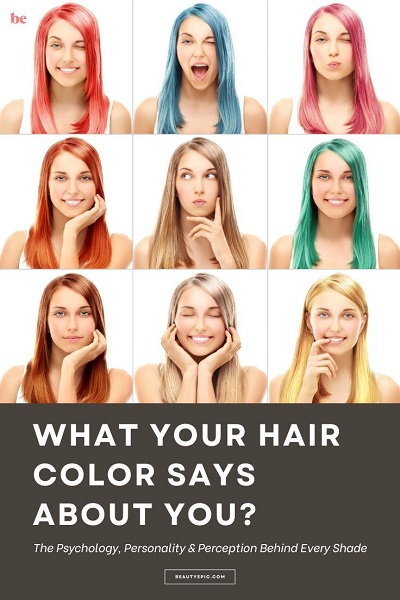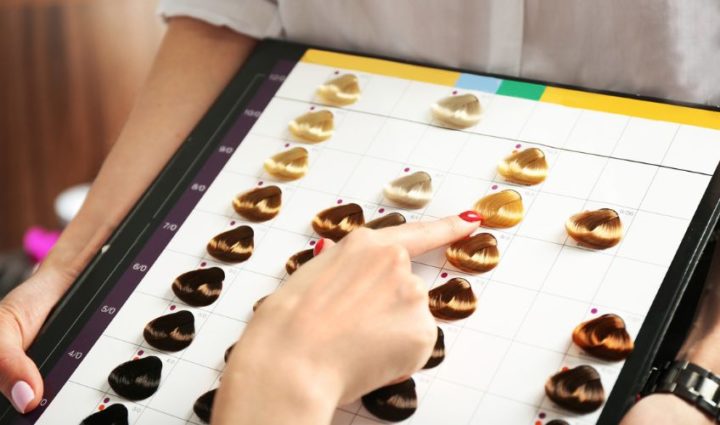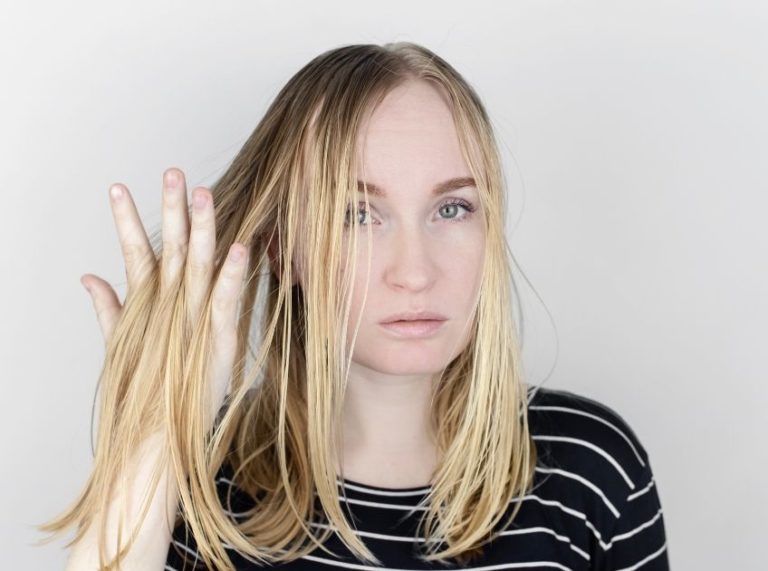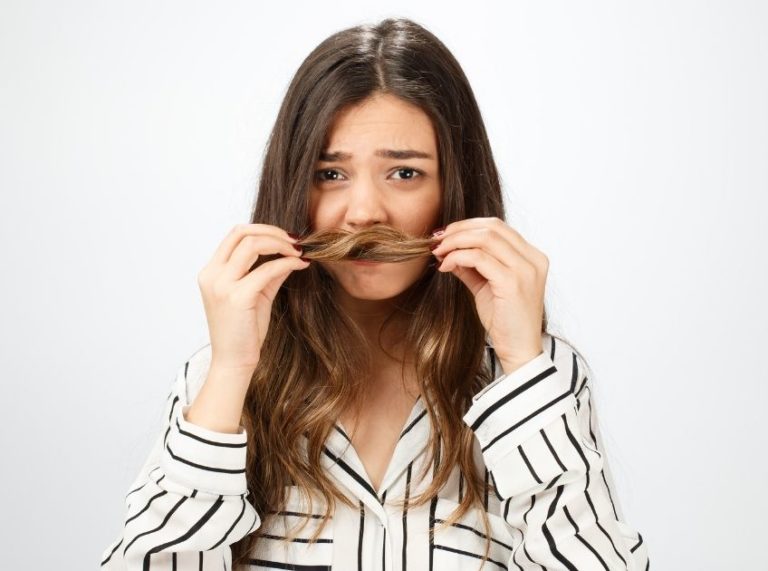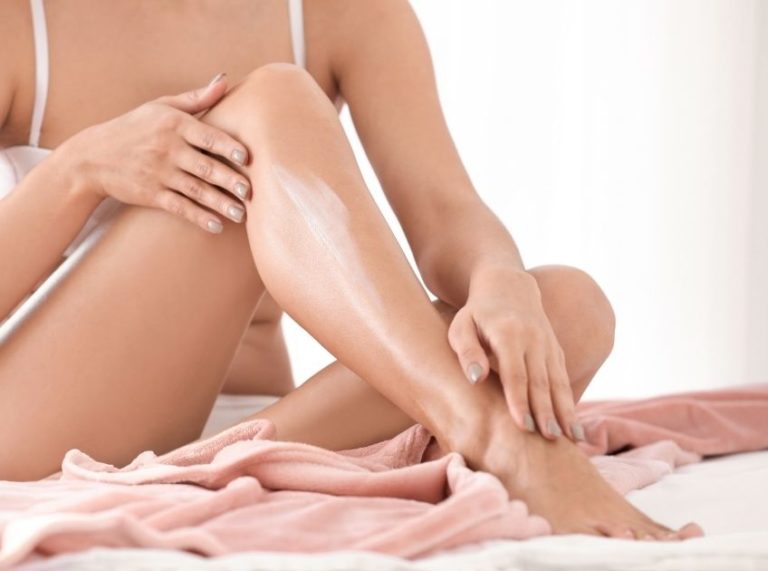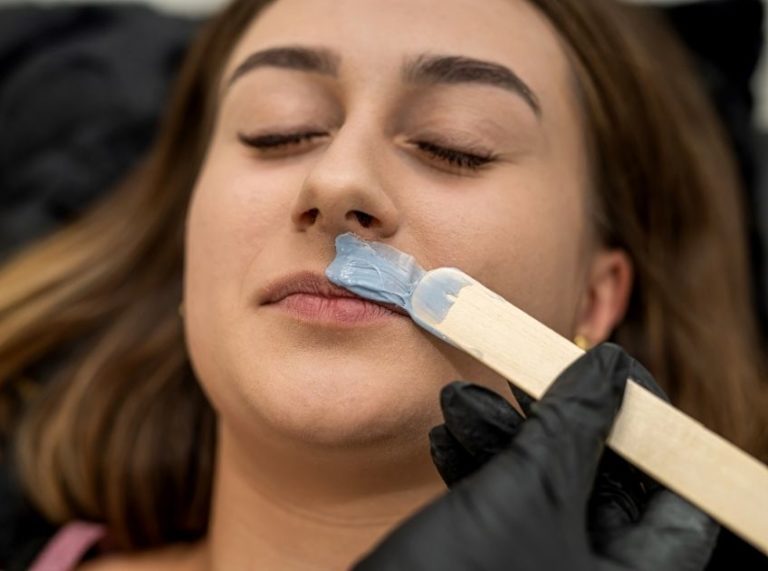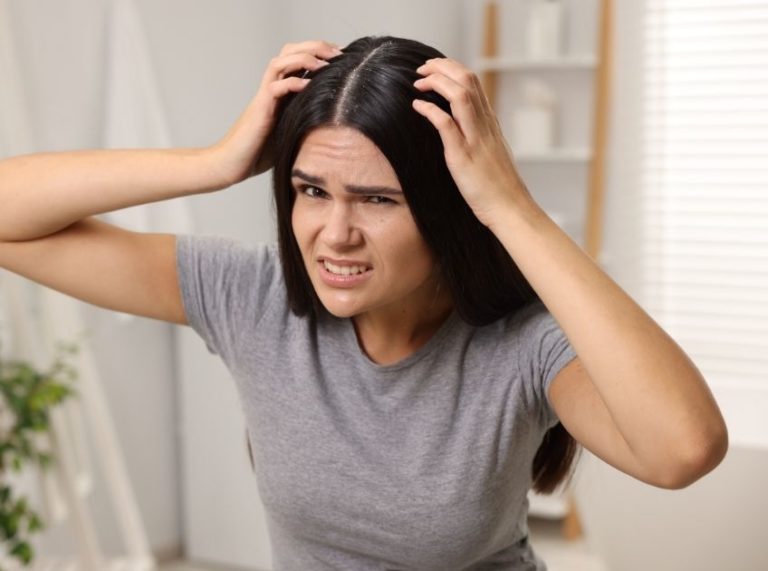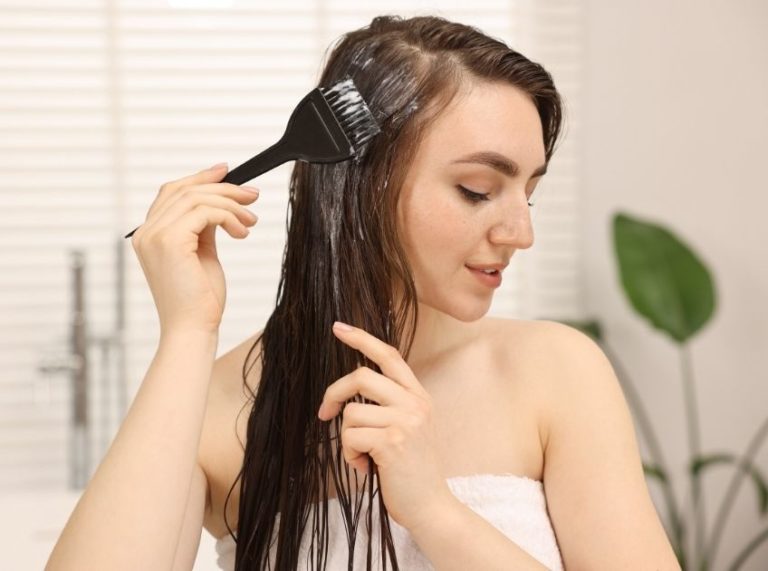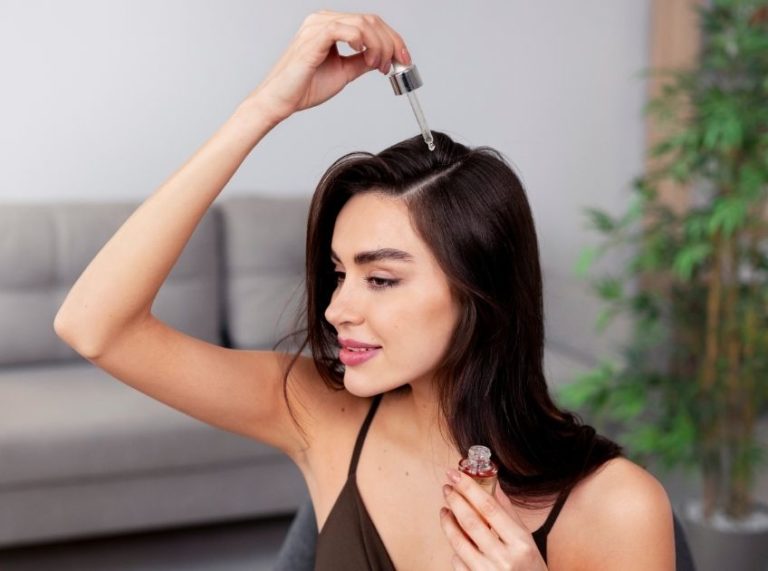
Important: This article is for informational purposes only. Please read our full disclaimer for more details.
Whether you’re a natural redhead, a proud platinum blonde, or you’ve chosen to rock bold purple locks, your hair color may be saying more about you than you realize. Beyond style and aesthetics, hair color can influence how others perceive you and even how you feel about yourself. Researchh in psychology and color theory suggests that hair color not only shapes personality assumptions but can also reflect elements of your identity, confidence, and mood. Let’s decode what your hair color might be saying about you, intentionally or not.
Article Contains
- Blonde Ambition: Bright, Youthful, and Approachable
- Bold Brunette: Grounded, Intelligent, and Mysterious
- Ravishing Red: Fiery, Passionate, and Unique
- Black is Powerful: Elegant, Mysterious, and Resilient
- Playful Pastels & Vivid Colors: Creative, Rebellious, and Unafraid
- The Science of Self-Expression Through Hair Color
Blonde Ambition: Bright, Youthful, and Approachable
Blonde hair—natural or dyed—is often associated with vibrancy, youth, and warmth. Culturally, it has long been linked to ideas of femininity and friendliness.
What People Associate with Blondes
- Outgoing and sociable
- Fun-loving and flirtatious
- Innocent or youthful
Research insight: A study published in Psychology Today noted that blondes (1) are often perceived as more approachable and sociable. However, they may also face unfair stereotypes such as being less competent—something that doesn’t hold up in reality, but still affects public perception.
Blonde Hair Wearers Often Project
- High energy
- A desire to connect
- A light-hearted, charismatic nature
Bold Brunette: Grounded, Intelligent, and Mysterious
Brunette shades—ranging from chestnut to dark chocolate—are associated with stability, intelligence, and depth. People with brown hair are often perceived as trustworthy and reliable.
Common Perceptions of Brunettes
- Serious and career-focused
- Introspective and intelligent
- Mysterious or mature
Scientific backing: According to a 2017 study from The Journal of Social Psychology, brunettes were viewed as more capable and dependable in professional scenarios (2).
If You’re Brunette, Your Hair May Suggest
- Emotional stability
- Loyalty and grounded energy
- A reflective, deep-thinking personality
Ravishing Red: Fiery, Passionate, and Unique
Redheads—natural or dyed—carry an aura of boldness, sensuality, and individuality. Red is the rarest natural hair color and is often linked with strong emotional expression.
Traits Often Linked with Red Hair
- Fiery and strong-willed
- Creative and passionate
- Unconventional and confident
Interesting study: A University of Westminster study found that red-haired women were perceived as more sexually adventurous than other hair colors, though they also received mixed reactions based on the intensity of the red hue.
Red Hair Often Communicates
- Courage and strength
- A standout personality
- An unwillingness to conform
Black is Powerful: Elegant, Mysterious, and Resilient
Black hair, especially when glossy and well-maintained, can exude a powerful presence. It’s a color that symbolizes sophistication, mystery, and resilience across many cultures.
Common Associations
- Intellect and seriousness
- Strength and emotional depth
- Independence and poise
Cross-cultural relevance: In Eastern traditions, black hair is seen as a sign of beauty and longevity. It often denotes wisdom and calm authority.
Those with Black Hair Often Project
- Maturity
- Quiet confidence
- Emotional fortitude
Playful Pastels & Vivid Colors: Creative, Rebellious, and Unafraid
From lavender to neon green, fantasy colors are typically a choice—not a default—and speak volumes about the wearer’s desire for individuality.
What Vibrant Colors Communicate
- Artistic and free-spirited
- Non-conforming
- Bold and experimental
Psychological angle: A 2020 study in Frontiers in Psychology found that individuals who dye their hair unconventional colors often score higher in traits like “openness to experience” and “creative confidence.”
Unnatural Colors Often Reflect
- Emotional fluidity
- A craving for freedom
- A personality that refuses to be boxed in
The Science of Self-Expression Through Hair Color
Hair color isn’t just cosmetic—it’s expressive. Research in behavioral psychology shows that people often change their hair color during emotional transitions: breakups, job changes, or personal reinvention (3).
According to Dr. Vivian Diller, a clinical psychologist, “Changing your hair color gives an immediate sense of transformation and control. It allows people to ‘try on’ different facets of their personality.”
Whether your color is natural or chosen, it’s often a mirror of your inner mood, ambitions, or the way you wish to be seen.
Frequently Asked Questions (FAQ’S)
Q1: Does changing my hair color change how people perceive me?
A. Yes, multiple studies show that hair color impacts first impressions. For example, blondes are seen as more approachable, brunettes as more competent, and redheads as bolder.
Q2: What if I have gray or silver hair? What does that say about me?
A. Embracing gray or silver hair is often linked to self-confidence, authenticity, and maturity. It reflects grace, wisdom, and a refusal to bow to societal pressures about aging.
Q3: Can hair color affect how I feel about myself?
A. Absolutely. A new hair color can enhance your self-image and mood. Psychologically, it can serve as a symbol of change, self-expression, or emotional renewal.
Your Hair Color, Your Story
Your hair color is more than just a shade—it’s a silent communicator of personality, mood, and individuality. Whether you embrace your natural hue or experiment with bold shades, your color choice is a form of personal storytelling.
So the next time you look in the mirror, ask yourself, not How does my hair look? But what is it saying about me? You may be surprised at the powerful message it’s already sending.
